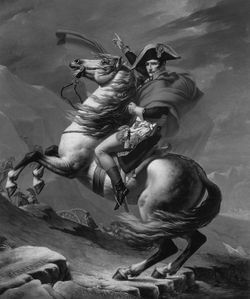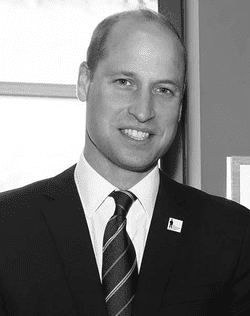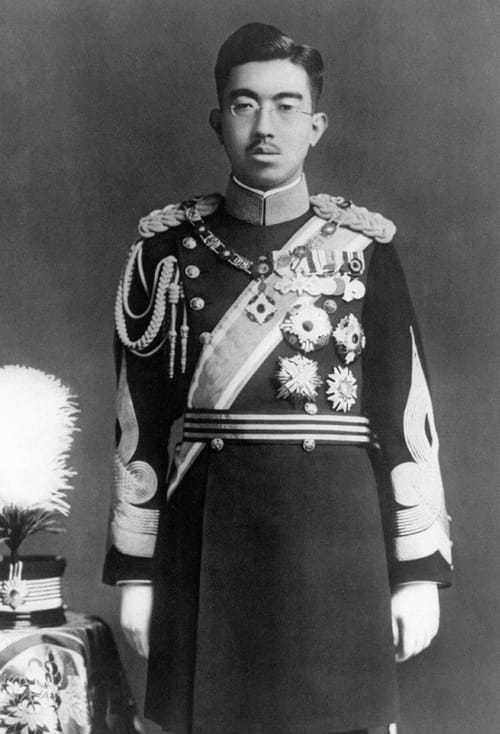
Photo Attribution: https://www.loc.gov/pictures/item/2002721830/, Public domain, via Wikimedia Commons
Hirohito
This example has been viewed 952x times
Summary
Rodden Rating
Analysis for Hirohito
Biography
Emperor Shōwa (昭和天皇, Shōwa-tennō, 29 April 1901 – 7 January 1989), commonly known in English-speaking countries by his personal name Hirohito[a] (裕仁), was the 124th emperor of Japan, ruling from 25 December 1926 until his death in 1989. Hirohito and his wife, Empress Kōjun, had two sons and five daughters; he was succeeded by his fifth child and eldest son, Akihito. By 1979, Hirohito was the only monarch in the world with the title "emperor". He was the longest-reigning historical Japanese emperor and one of the longest-reigning monarchs in the world.
Hirohito was the head of state under the Meiji Constitution during Japan's imperial expansion, militarization, and involvement in World War II. Japan waged a war across Asia in the 1930s and 40s in the name of Hirohito,[3] who was revered as a god.[4] After Japan's surrender, he was not prosecuted for war crimes, as General Douglas MacArthur thought that an ostensibly cooperative emperor would help establish a peaceful Allied occupation, and help the U.S. achieve their postwar objectives.[5] His role during the war remains controversial. On 1 January 1946, under pressure from the Allies, the Emperor formally renounced his divinity.[6] The Constitution of Japan of 1947 declared the Emperor to be a mere "symbol of the State ... deriving his position from the will of the people in whom resides sovereign power."[6]
In Japan, reigning emperors are known only as "the Emperor". Hirohito is now referred to in Japanese by his posthumous name, Shōwa, which is the name of the era coinciding with his reign.
Source: https://en.wikipedia.org/wiki/Hirohito
Raw Data
Horoscope Data
Comments
Natal Data
1901-04-29 22:10:00 LMT
35° 41′ 58.1″ N 139° 38′ 7.9″ E
Suginami City, Tokyo, Japan
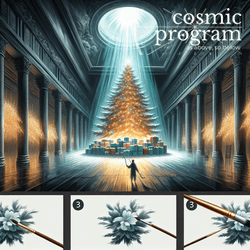
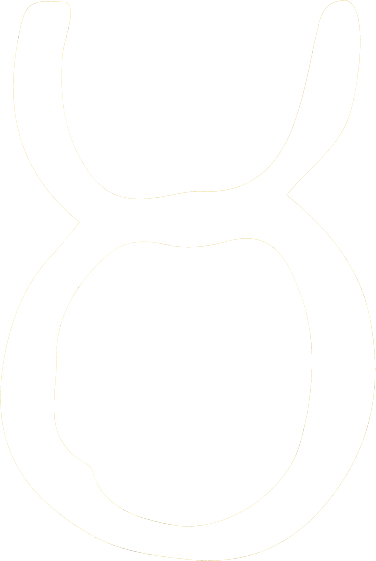
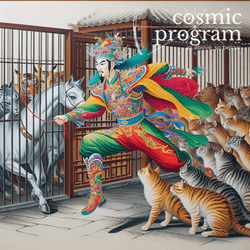

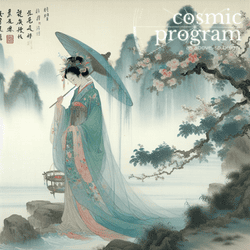






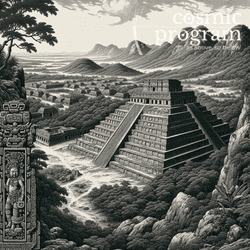


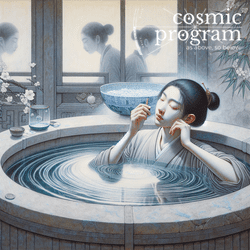
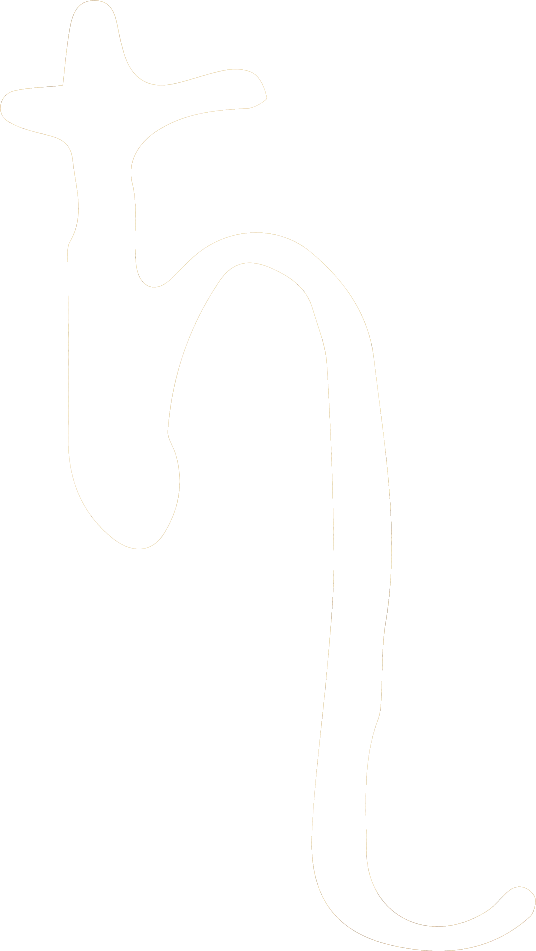
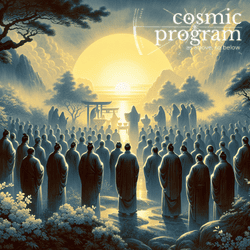


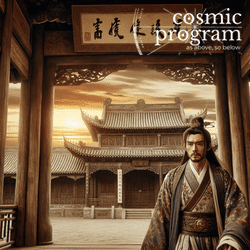


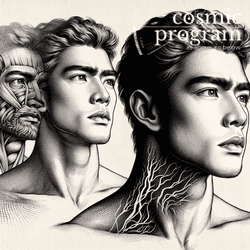

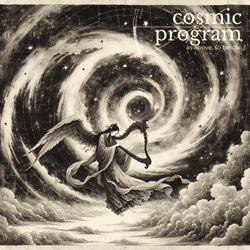
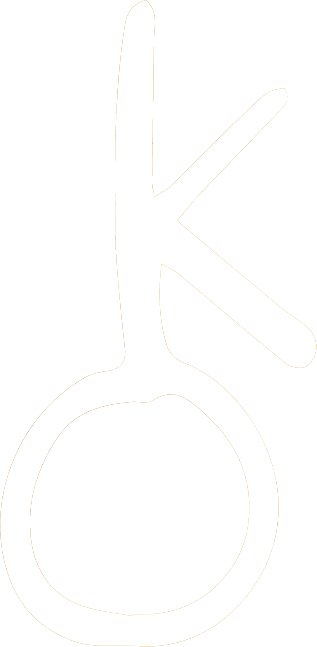
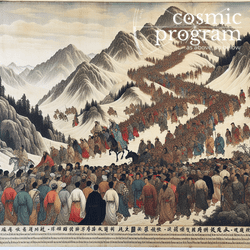


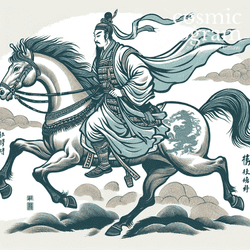

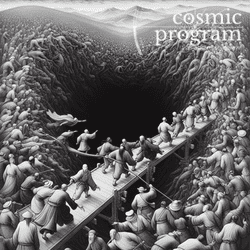

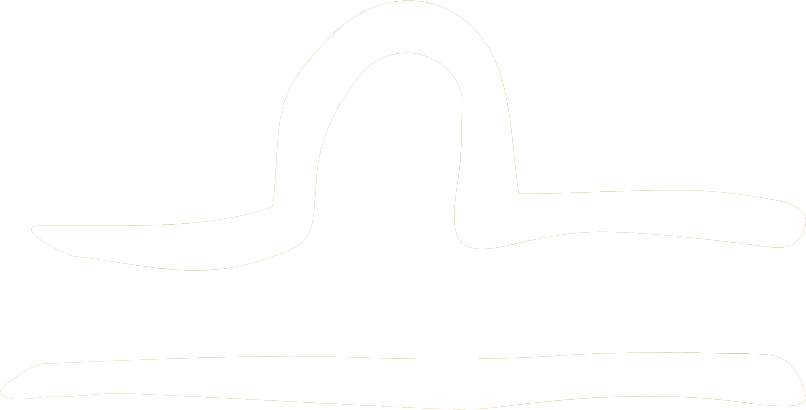
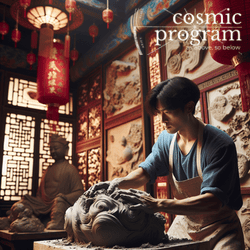

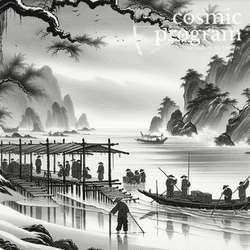

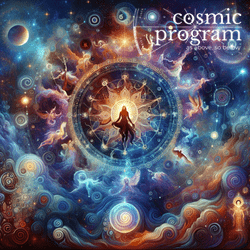
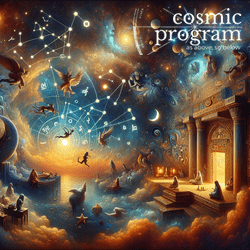
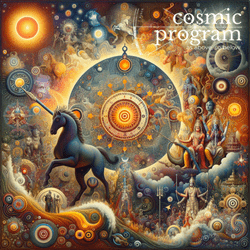
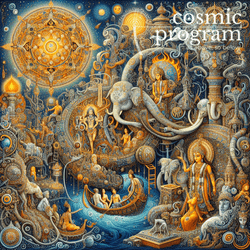
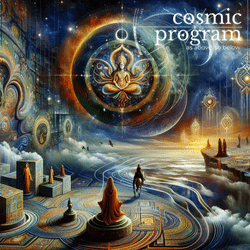
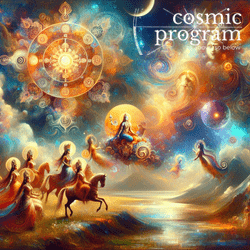
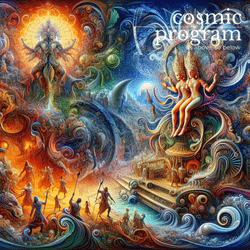
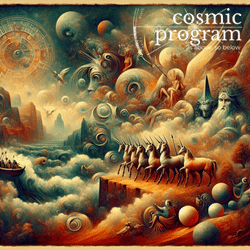
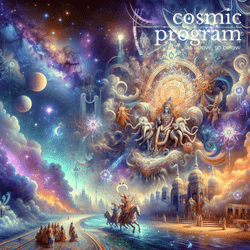
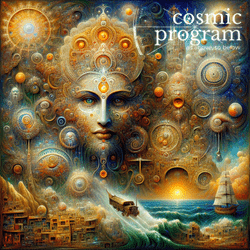
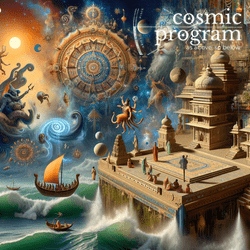
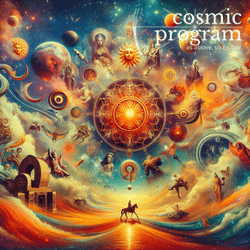
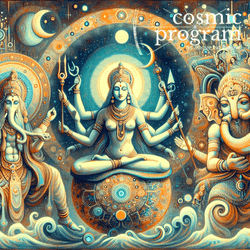
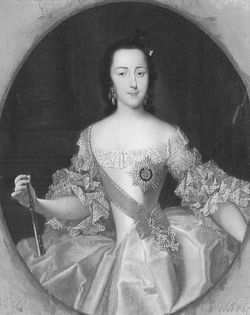
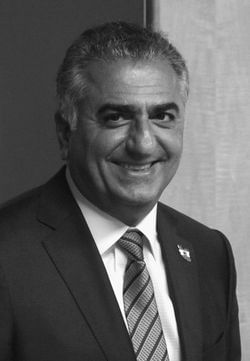
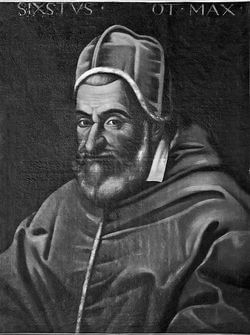
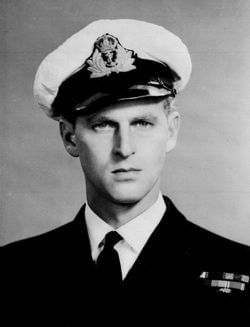
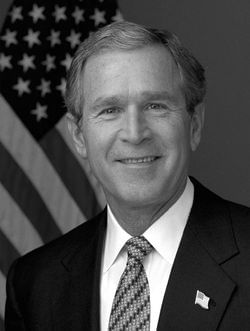
.jpg?bossToken=7c16e5a661a1e1425de0a9bb9bec8de34bab624e5d71bc99cc665b7c75f0909a)
